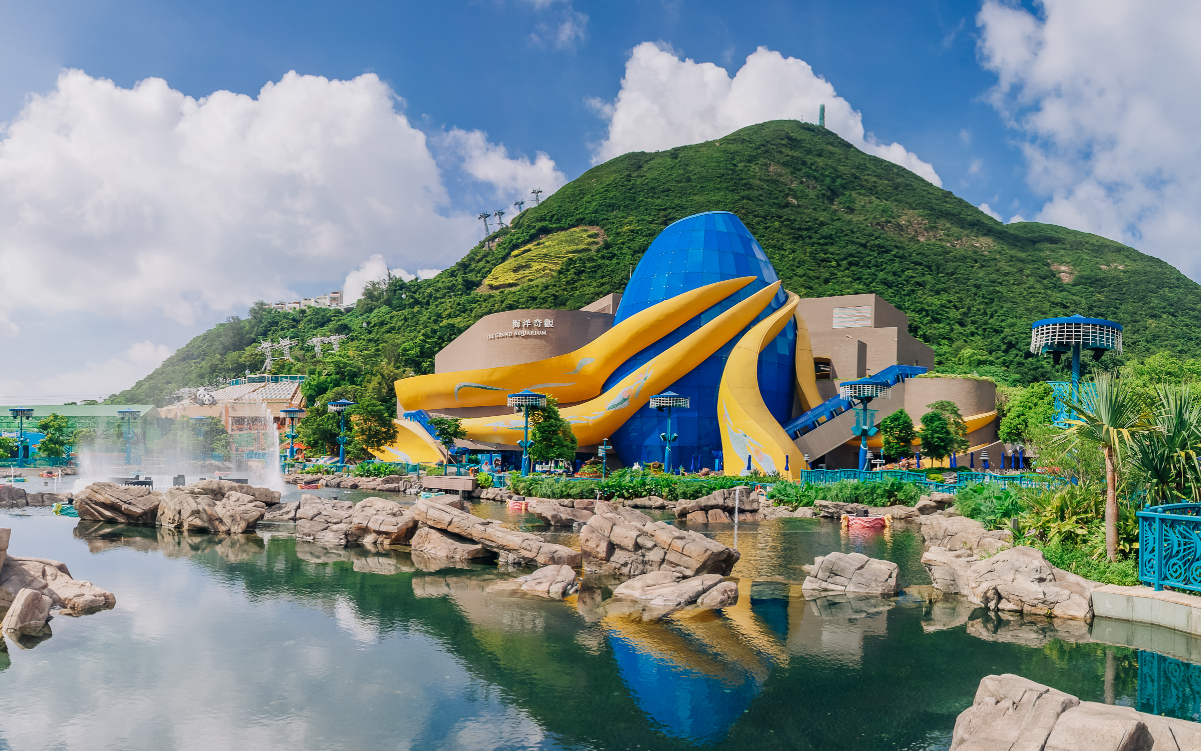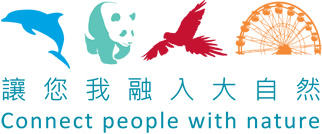Terokai apa itu Ocean Park.
Delve into the world of An An, Ocean Park Hong Kong’s beloved giant panda ambassador who enjoyed an exceptional lifespan of 35 years, equivalent to 105 human years. Despite being a ‘centenarian’ panda, research has unveiled that An An was active for an average of 35% of the observation time.
The research team at Ocean Park meticulously tracked An An's activities, movement patterns and habitat preferences over 31 months from July 2019 to January 2022, accumulating 422.5 hours of observation time across 169 observation days before he passed away on 21 July 2022.
This research is an important contribution to the limited literature on the behaviour of old animals. The existing studies on geriatric pandas mostly focused on veterinary medicine, making this study with An An a valuable contribution to our understanding of panda biology and ecology.
“By categorising An An’s behaviour into different activity types and tracking his movements across various pathways within his habitat, we were able to understand his interactions with the environment better and obtain valuable information for assessing his physical fitness and psychological well-being to enhance his welfare,” said Dr Eszter Matrai, Senior Research Fellow at Ocean Park Corporation and lead investigator of the research.
The team examined An An's pathway preferences across 15 pathways in two habitat zones nestled within The Hong Kong Jockey Club Sichuan Treasures at Ocean Park, ranging from gentle slopes (below 20°) to steep slopes (exceeding 20°), utilising live observations, video analyses, and the keen observations of 20 student interns trained in decoding animal behaviour.
Data indicate that An An efficiently conserved energy by favouring locations near his den and preferred gentle slopes when ascending and steeper paths when descending. Interestingly, this led him to cover greater distances while moving uphill than downhill, mirroring behaviours seen in wild giant pandas.
“Our novel pathway analysis method helps assess physical health, e.g. foot and musculoskeletal health, and arthritic conditions of animals under human care, providing an objective measure of lifestyle changes based on life stages in terms of age and illnesses. The results can be used for habitat optimisation and sustainable improvement for life-long care.
“The research outcomes not only enhance giant panda welfare by suggesting improvements in exhibit design for greater comfort but also emphasise the strategic placement of novel items to stimulate interactions and optimise habitat use. These findings go beyond design enhancements, guiding tailored care plans and enrichment activities based on age-related behavioural changes and seasonal variations,” Dr Matrai explained.
She also added that the pathway analysis method developed by Ocean Park for this research is easy to deploy and can be readily adapted to other species and by other facilities.
The Ocean Park Hong Kong research team drives science forward with studies offering substantial animal welfare implications that consequently translate to conservation and education. Throughout the years, the Park has published multiple academic papers on giant pandas and other species, covering diverse topics such as microbial diversity in giant pandas' guts and osteoarthritis management. Additionally, the Park actively exchanges giant panda knowledge with academia and research forums, exemplified by sending Jia Jia's and An An's skeletons for veterinary science education.
The research team at Ocean Park currently has over ten in-house and 20 collaborative projects. Besides research, the team also runs a research internship and volunteer programme, welcoming more than 300 students from over 50 international and local educational institutions over the years since 2010.
Published in July 2024 in Zoo Biology, “Monitoring the world-oldest zoo-housed male giant panda (Ailuropoda melanoleuca): A case-study on pathway utilisation” can be accessed at https://doi.org/10.1002/zoo.21853.







